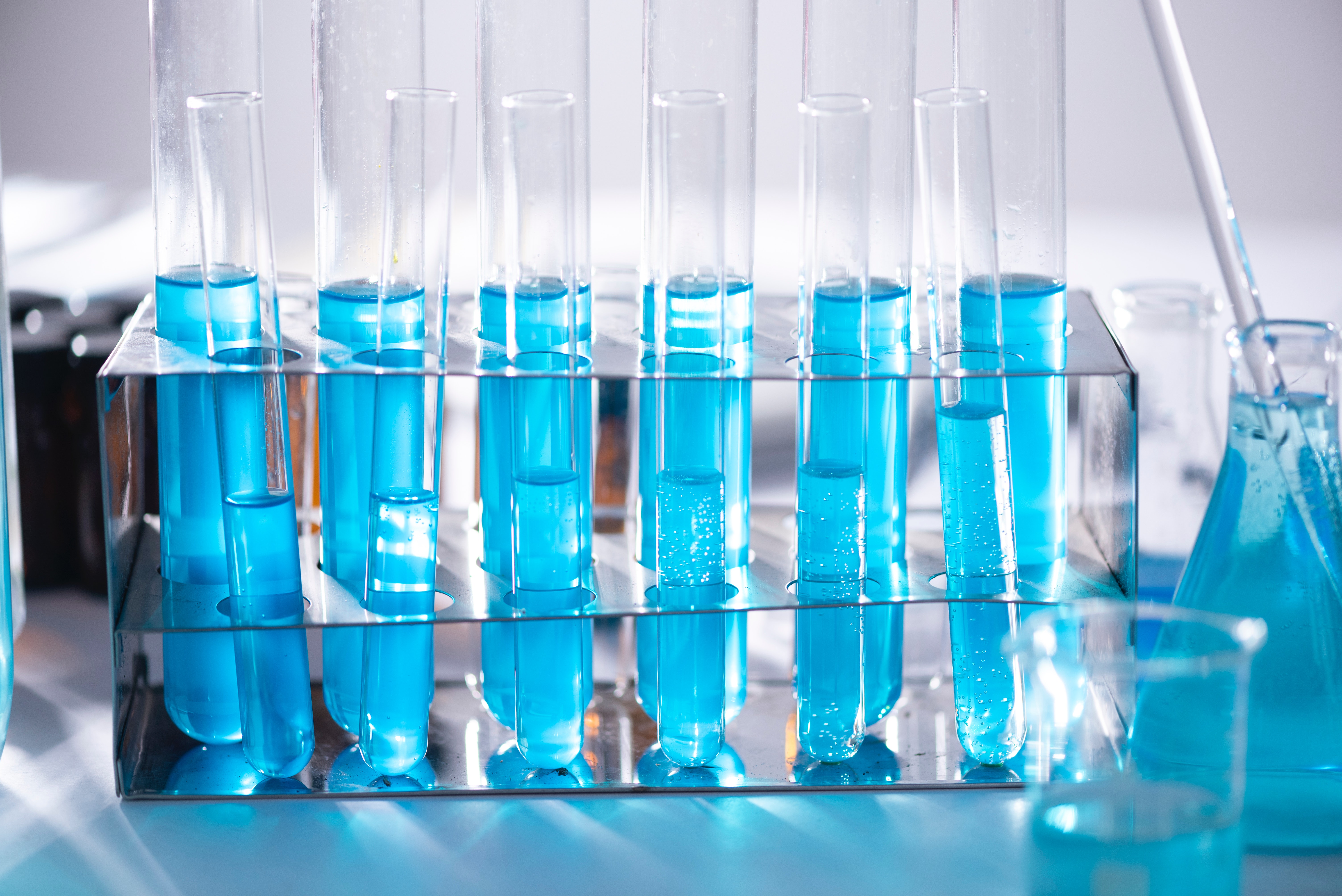APSU is not just a university in Middle Tennessee anymore. APSU has been recruited to become a part of the national organization SEA-PHAGES.
SEA-PHAGES stands for Science Education Alliance-Phage Hunters Advancing Genomics and Evolutionary Science. It is a two-semester class offered in a large selection of universities, over a hundred.
Originating with the University of Pittsburg and Howard Hughes Medical Institute, SEA-PHAGES has been around for twelve years. APSU’s involvement only began last year.
Defining a Phage
Phage, short for bacteriophage, is a virus which eats bacteria. These can be discovered in many places, but SEA-PHAGES is looking in soil.
“We just dig them up,” Sarah Binkley said.
Binkley is a biology student at APSU, working in the SEA-PHAGES program for this semester and the next. She and the rest of her class are hard at work discovering phages in the soil around campus and Clarksville.
The Process
The process SEA-PHAGES uses to discover phages is simple to a biologist, but complex to most everyone else. They dig up the soil, found mostly around campus and then proceed from there.
“Once we dig up the soil, we separate the large debris from the environmental sample, and then run through a filter that only the phage can get through,” Heath Hudson said.
Simpson, along with Binkley, is one of the students involved with SEA-PHAGES.
“Then we add the host bacteria if it seems favorable, and then drop a purified sample onto a plate of bacteria and run a bunch of tests,” Simpson said.
“Sometimes it doesn’t work out, and that’s just a part of research,” Alexandria Hudson said.
Hudson is another biology student in the program.
From there, they will need to analyze the phages and look at their DNA, in order to send in their data to the SEA-PHAGES program.
On Monday, November 11, 2019, many of the students involved in the program traveled to MTSU to get a better look at their findings.
“The microscopes we have here are strong enough to see the DNA, Hudson said. “You can only do that with an electron microscope, and we don’t have one of those.”
APSU’s Role in SEA-PHAGES
“Phages are very area and bacteria specific,” Hudson said. “They will only attack a certain kind of bacteria.”
“This is a really good research experience for the students,” Sergei Markov said. “It gives them hands on experience that they might be able to use in their respective fields.”
Markov is the professor in charge of the SEA-PHAGES class, and the one who applied to join the program in the first place.
The Importance
Phages eat bacteria, and in a world with rapidly evolving antibiotic-resistant bacteria, SEA-PHAGES thinks they could be used in other ways.
Phage therapy was something done years ago.
It is also something that has seen somewhat of a resurgence in recent years. Where antibiotics fail, phages may be the answer. With phages MRSA and Staph infection could potentially become things of the past.
“Phages could be used in not only microbiology, but medical research too,” Hudson said.
“We need to become really good friends with the geneticists,” Binkley said.
SEA-PHAGES is working to not only discover these phages but sequence their DNA so to better understand and utilize them to fight bacteria.
To learn more, or even join SEA-PHAGES, look up their website at seaphages.org.



